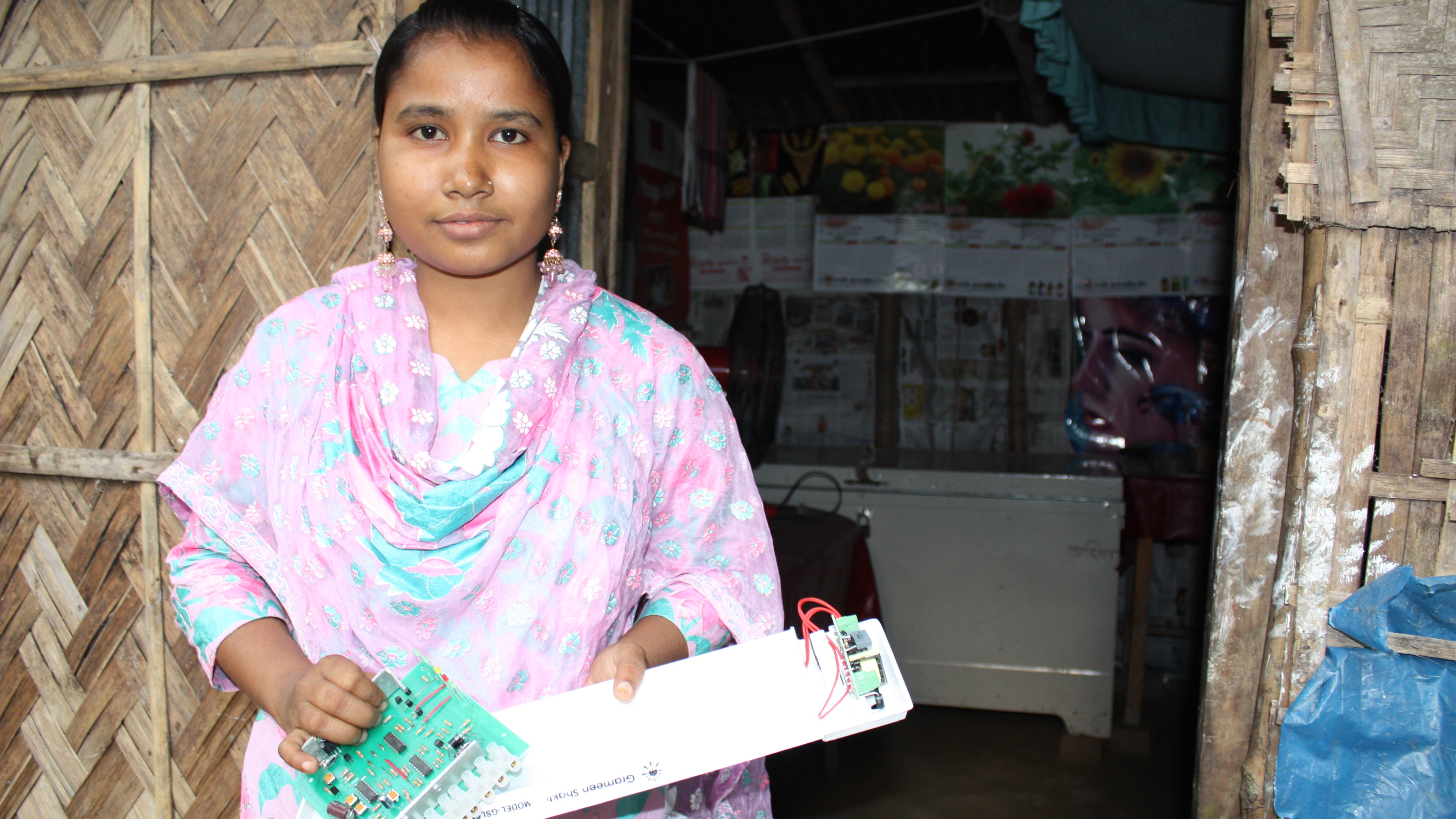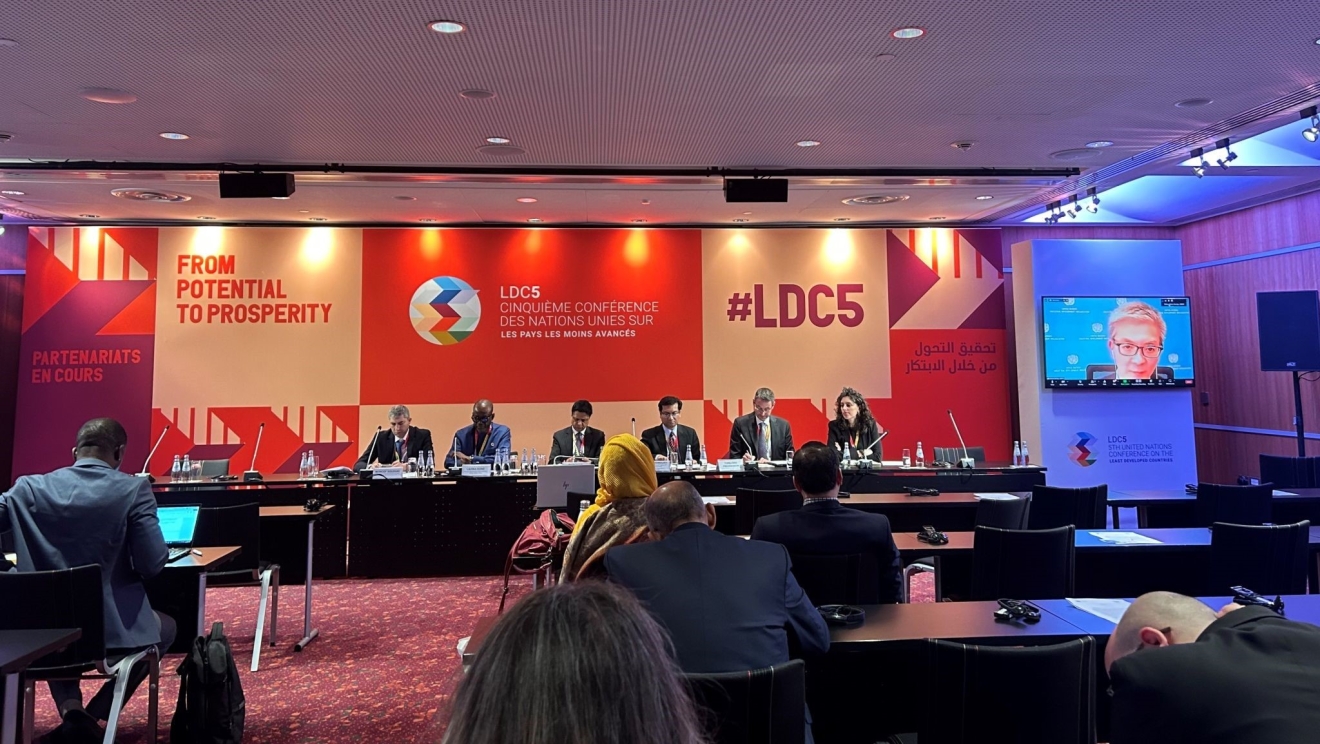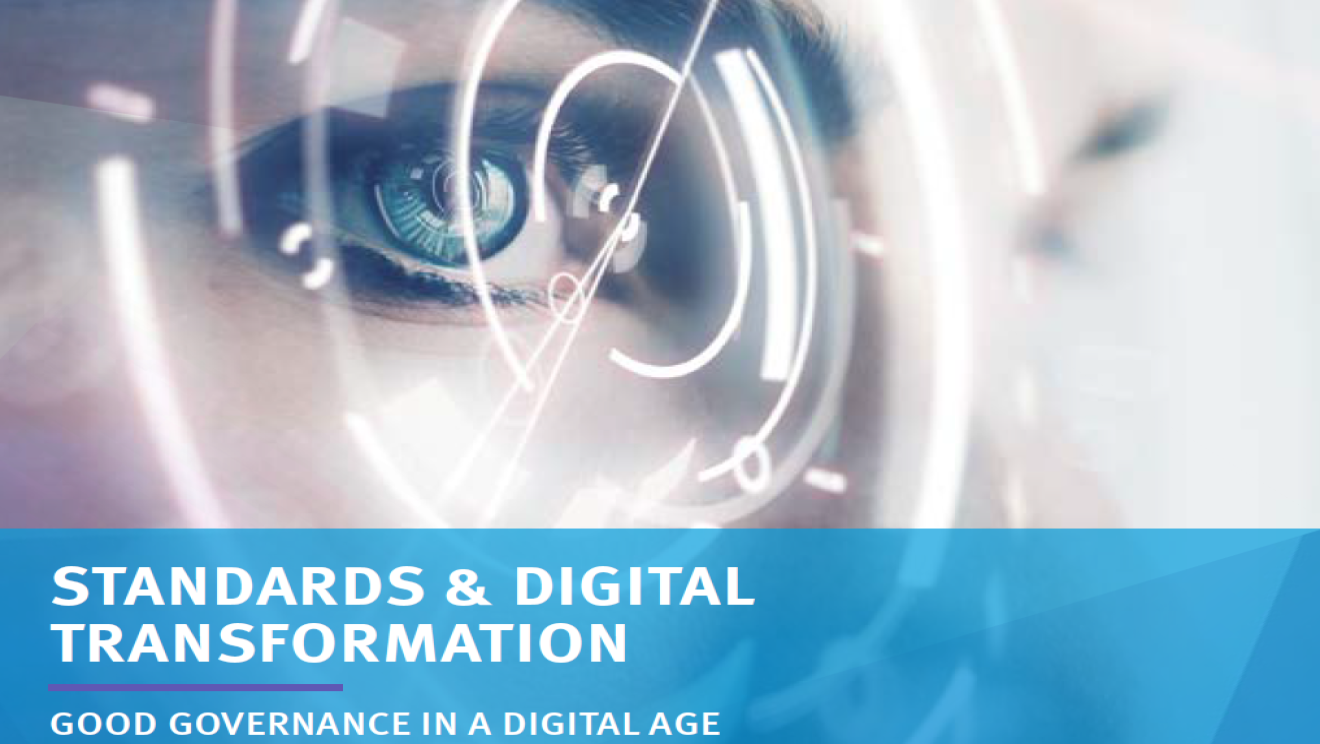
Digital transformation
Digital transformation is a major trend that has triggered a productive shift that brings with it potential for increased efficiency and more sustainable production and products, but also challenges to current development pathways. There is a risk that, if not well-utilized, technologies furthering digital transformation, particularly artificial intelligence (AI), will perpetuate current biases and inequalities. UNIDO believes that strategies and actions to foster this transformation must consider several limiting factors, including the digital divide and digital gender gap.
To achieve an inclusive and sustainable digital transformation, UNIDO believes four digital enabling elements are necessary: digital infrastructure, digital governance, digital skills and digital cooperation. Without addressing these critical factors on a large scale, it will be impossible to achieve the sort of transformational effect the Organization aims for through digital technology upscaling and capacity-building.


UNIDO already addresses these enabling elements through its existing portfolio of technical cooperation assistance and programmatic services. However, upscaling UNIDO’s capacities and the effect of its interventions will be necessary to advance an inclusive and sustainable digital transformation. AI in connection with Fourth Industrial Revolution frontier technologies will be one of the key elements of digital transformation, and UNIDO is looking to increase its support to Member States seeking to capitalize on developments in this area.
Sustainable supply chains
Digital technologies are changing global supply chains: traceability technologies and digital logistics services offer the potential to streamline supply chains, while also providing governments with new ways to monitor and ensure compliance with standards.
Climate change
In relation to stopping climate change, digital technologies can help reduce global carbon emissions by up to 15% through solutions in energy, manufacturing, agriculture, buildings, services, transportation and traffic management. The digital sector can take the pace of change to the next level.
At the same time, UNIDO recognizes the need to foster green and digital skills to enable a just transition of the workforce. Given that many labour-intensive industries may be subject to automation in the coming decades, it is essential to equip women and men with the skills they need for the future of manufacturing. UNIDO’s integrated initiatives will include skills development, technical and vocational training, open-access learning platforms, labs and enhanced remote learning options.
Agribusiness
Digital technologies are changing agribusiness and the food system: traceability technologies and digital logistics services offer the potential to streamline agri-food supply chains, while also providing consumers with reliable information. Digital technologies can support trade in agricultural and especially food products by connecting private sector suppliers to new markets, and enabling new ways for governments to provide faster and more efficient border procedures that are essential for perishable products.






